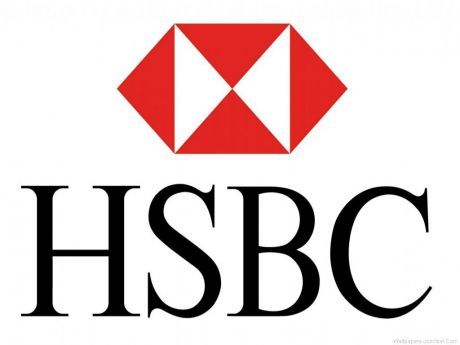Report on Business
You are here
HSBC bank accused of money laundering, again

March 30, 2013
“Pay what they owe and break up this band of crooks,” demanded Ricardo Echegaray head of Argentina's tax agency, as he accused the bank of helping its clients to launder money and evade taxes.
This behaviour is not a new thing for HSBC, late last year the American Senate forced HSBC to pay $1.9 billion in fines, after finding it was a conduit for "drug kingpins and rogue nations." In particular the Senate found that the bank was not enforcing rules to prevent laundering of Mexican drug money and ignored US rules to prevent dealings with Burma, Iran and North Korea. Millions of dollars in travellers cheques were likely used to transfer drug money form the US to Mexican branches of HSBC and then back to the US. In the Cayman Islands 41% of bank accounts had no information on the customer involved.
In mid March the Argentine government accused the bank of the same behaviour in their country. "On the basis of what's been investigated so far, in six months we've recorded 392 million pesos ($77 million) in fraudulent transactions, generated by evasion and money laundering," said Mr. Echegaray. He continued, “It’s clear to us that there was a conspiracy between HSBC and private companies.” Mr. Echegaray explained that the bank issued “false invoices used for money laundering" and was involved in "fraudulent maneuvers which were performed to evade taxes for tens of millions of pesos.”
In response an HSBC spokesperson, apparently with a straight face, announced,”"HSBC takes compliance with the law, wherever it operates, very seriously .”
Despite the bank's free and easy approach to the law, the chief executive of the bank, Stuart Gulliver, was paid $14.1 million in 2012, 33% more than he was paid the previous year. In 2012, the bank reported profits of $20.6 billion. That means that the 300,00 employees of the bank each provided almost $70,000 in profit for the bank.
Section:
Topics:










